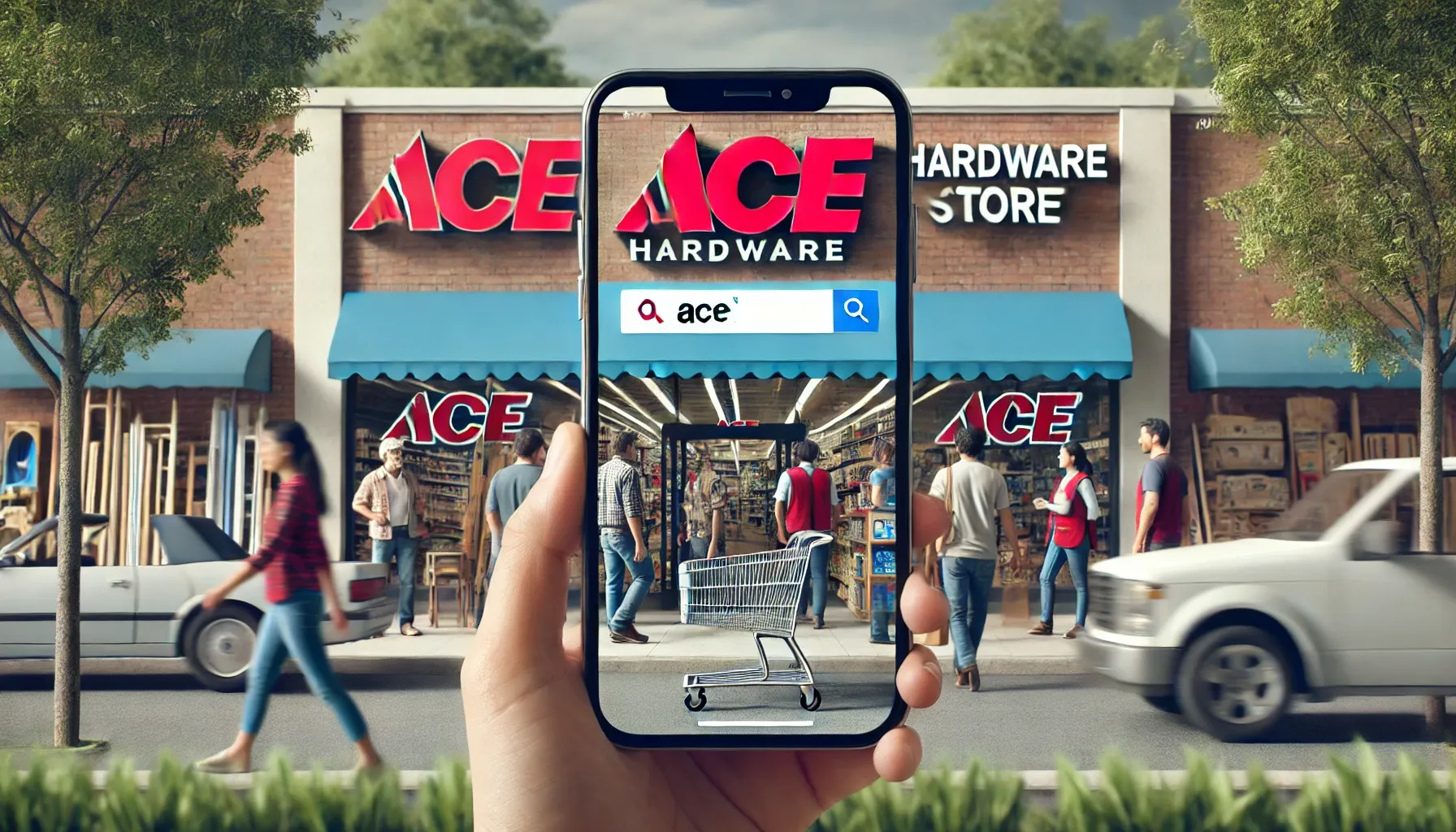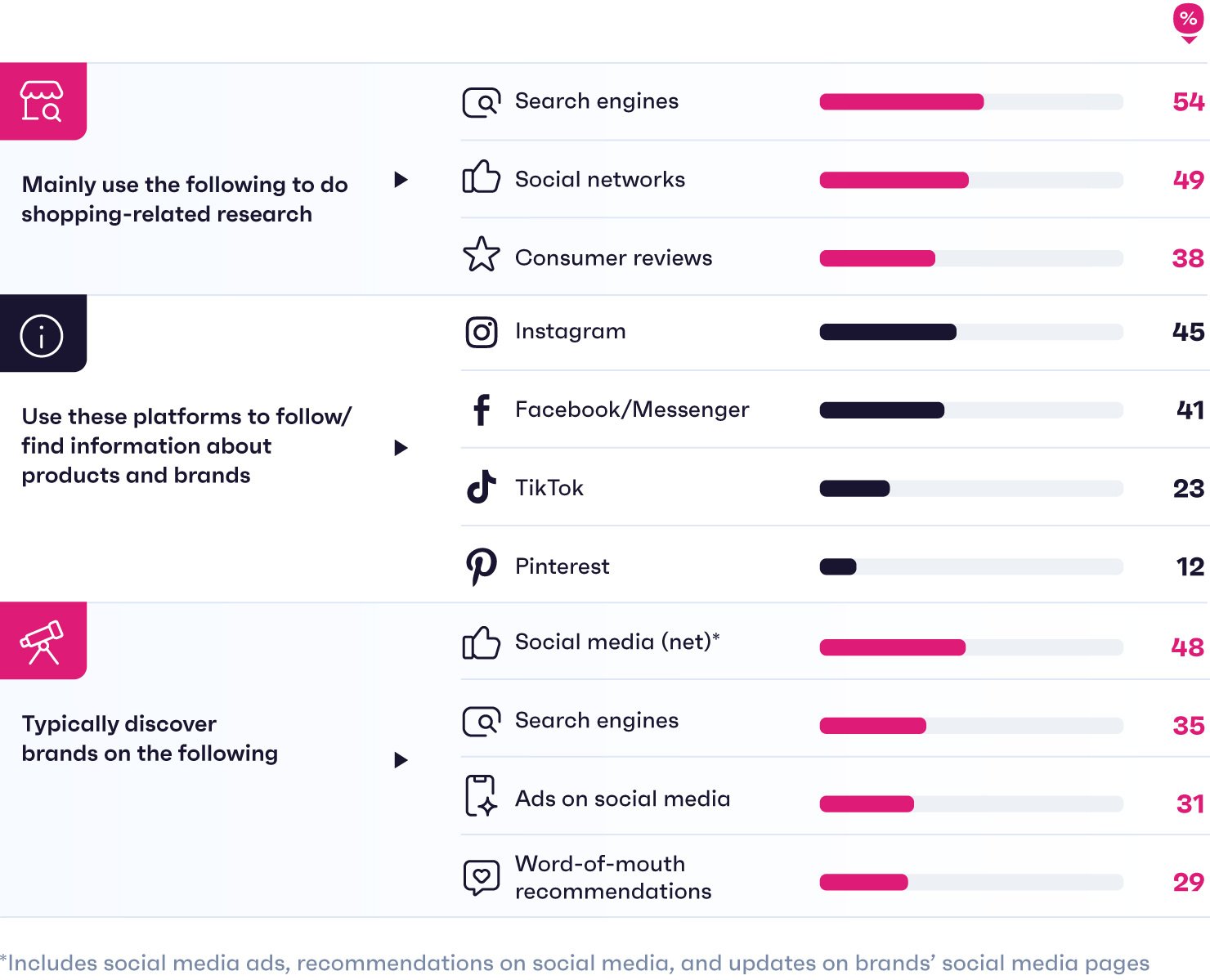AIOs Dumb Search Down, Local Lessons from Ace, Social Product Discovery

AI Overviews Make Search Worse
That's the case being made by Jess Peck in her article, "How and Why Google Made its Own Product Worse." She says that AI is contributing to a decline in overall search quality and reliability. Her extensive discussion argues that technical limitations of AI models, lack of oversight and "profit over product" are all combining to undermine search quality. (She also critiques OpenAI but the article is mainly about Google.) Here's the essence: "The primary objective is no longer to produce a good product but to make stockholders happy, often by reacting hastily to perceived risks [i.e., ChatGPT]. This shortsighted approach undermines long-term quality and innovation." There's too much depth and detail in her critique to reproduce here but it includes some of the following ideas: underlying LLM data issues and "inherent flaws," lack of AI verification mechanisms, prioritization of competition over reliability of search results, and undermining the historical symbiosis between publishers and Google.

Our take:
- Google's AIOs have been widely criticized for inaccuracies. Google pushed back saying the errors were a very small percentage of all AIOs.
- Google has significantly reduced their visibility in search results, partly as a result of negative coverage and online ridicule.
- Google claims most people like AIOs. However, most SEOs and many users don't. Yet it's compelled to push ahead because: Wall Street.
Local Branding, SEO Lessons from Ace
Miriam Ellis' latest excellent Moz column is about local brand loyalty lessons from Ace Hardware. The column was inspired by a tweet (14.3M views) that questioned Ace's continued existence, given its higher prices and more limited stock compared to Home Depot and Lowes. There was a massive customer response praising Ace vs. its larger rivals. Those responses contain the secrets to Ace's brand success and customer loyalty – almost a formula. Among them were local-store convenience and proximity, knowledgeable staff offering personalized attention, friendly service, high-quality inventory, local ownership/community involvement, and special/quirky individual store touches, among others. Miriam Ellis summarizes a range of takeaways including the following advice for local business owners: compete on experience rather than price.
How does Ace Hardware stay in business?
— TheWealthCoach (@indexnforgetit) June 1, 2024
15% higher than Lowe’s and Home Depot while having nothing you need in stock
Our take:
- There are some great CX lessons here about service and value. But what's more interesting is the connection between offline CX and online visibility.
- Ace fans rushed to express their IRL loyalty online. But reviews is another example of how offline CX impacts online visibility – very directly.
- Many SEOs now argue SEO must evolve into a more holistic discipline that encompasses more considerations. Offline CX is one of them.
Social Beats Search for Product Discovery
When it comes to product discovery, many SEOs think primarily about Google vs. Amazon. However, according to extensive research from GWI (n=200K+ global users), more consumers are now getting product information and recommendations from social media than from search engines. While the two aren't mutually exclusive, "Today, more consumers discover products via social media ads, updates on a brand’s social pages, or recommendations in this space than on search engines," explains GWI. This is especially true for younger users (GenZ). Product discovery on social involves a broader range of behaviors than search, from following brands and product sellers to actively seeking out specific types of products. However, social media is much more fragmented than search. Instagram, YouTube and TikTik are the three platforms with the greatest combination of reach and "cultural power," according to the study. And while Facebook has the greatest reach (#1) it has less cultural influence and impact than the others.

Our take:
- Other survey data (2023) confirms that search (including Amazon) has lost ground to social as a starting point for product discovery.
- According to recent findings from SOCi, Google was #3 among US 18 - 24 year olds for local business discovery, after Instagram and TikTok.
- More than ever it's important to build a strong social presence, to capture social-first users but also to build brand for awareness and SEO.
Recent Analysis
- Near Memo ep. 161: Rand Fishkin interview: Zero click, regulating Google & marketing in a zero click world.
- Hindsight: Self-Preferencing Behind Google Maps' Rise, by Greg Sterling.
Short Takes
- Multi-location: how to decide whether to add local service pages.
- Google updates "fake engagement" Maps policy, with more detail.
- Having a GBP won't help publishers that aren't "real businesses."
- No-follow links on high traffic pages can still deliver a rankings boost.
- Content creation in a Google clickstream world.
- How to track Google AI Overviews as a referral source – sort of.
- Perplexity adds weather and other factual info to results.
- Reddit vs. Google: Reddit better for products in comparison (WSJ).
- EU competition czar: Apple has some "serious" DMA issues.
- Google forcing many advertisers off credit cards to ACH payments.
- Google introduces a Gemini app in India.
- YouTube testing "notes" for context and fact checking by community.
- US Surgeon General: social media like smoking, needs warning (NYT).
Listen to our latest podcast.

How can we make this better? Email us with suggestions and recommendations.

